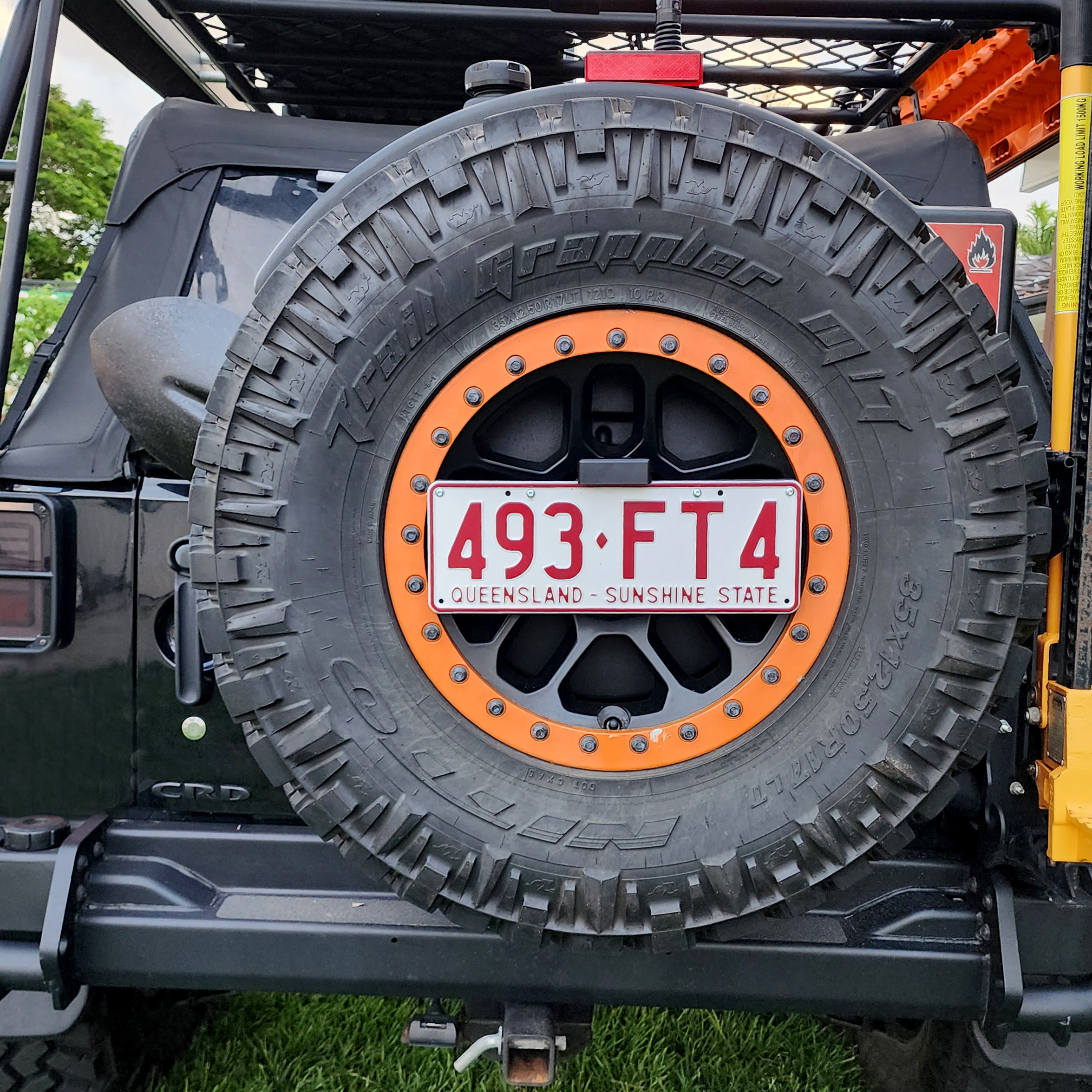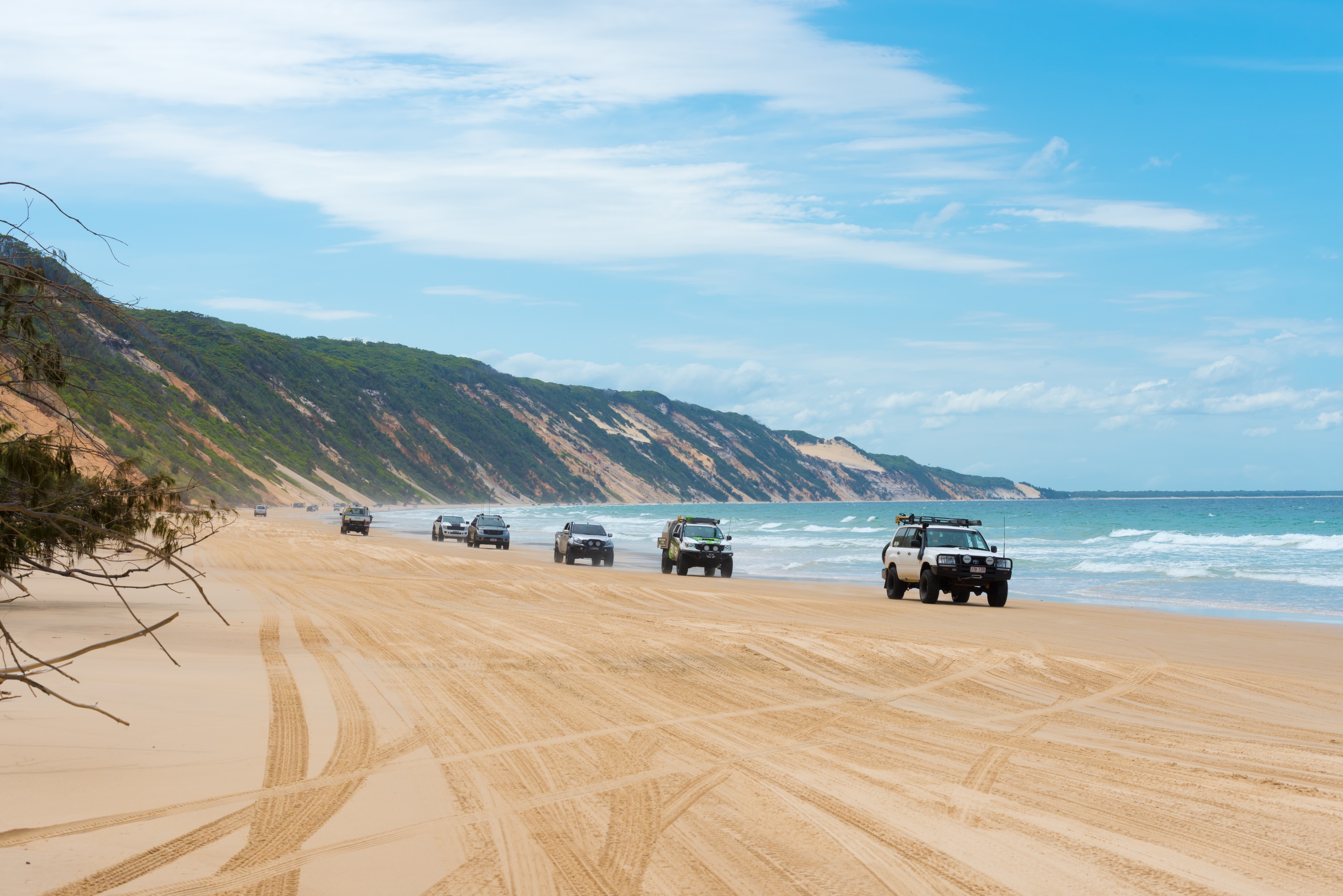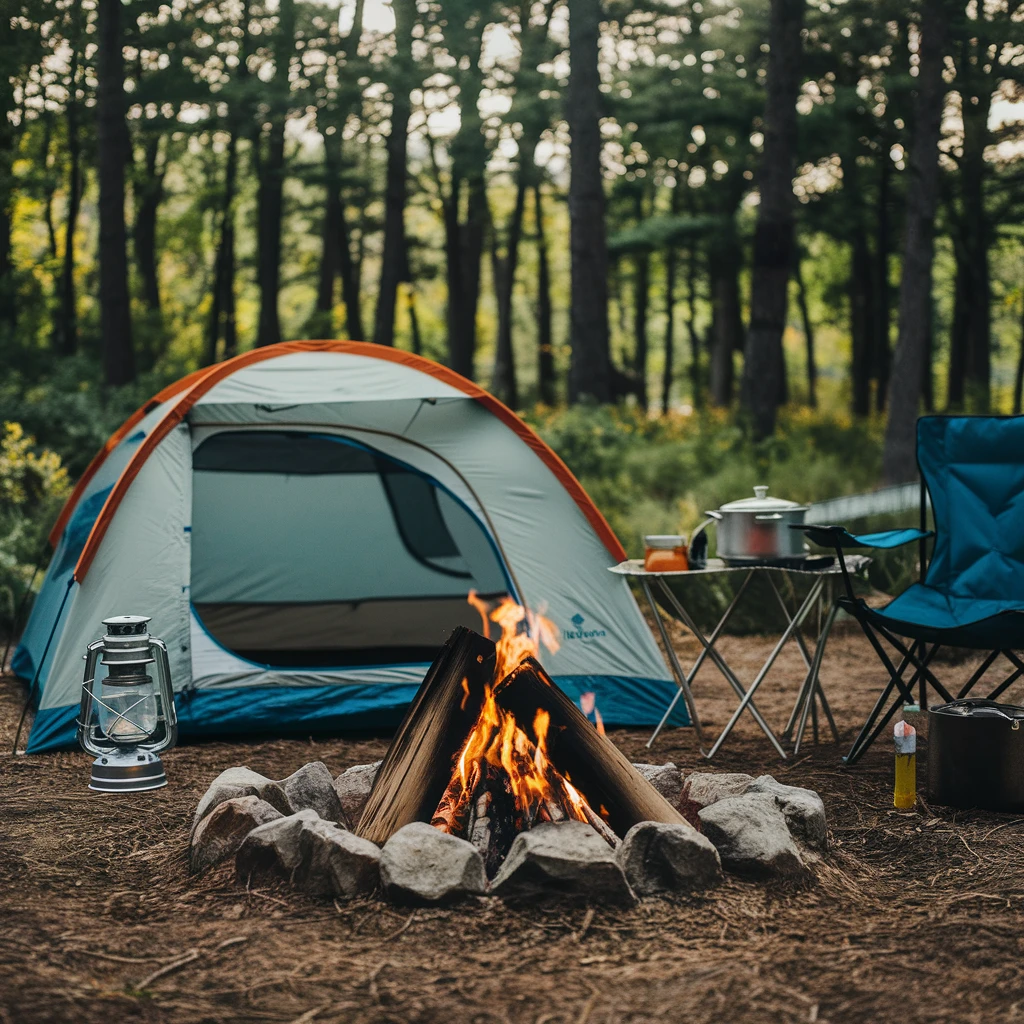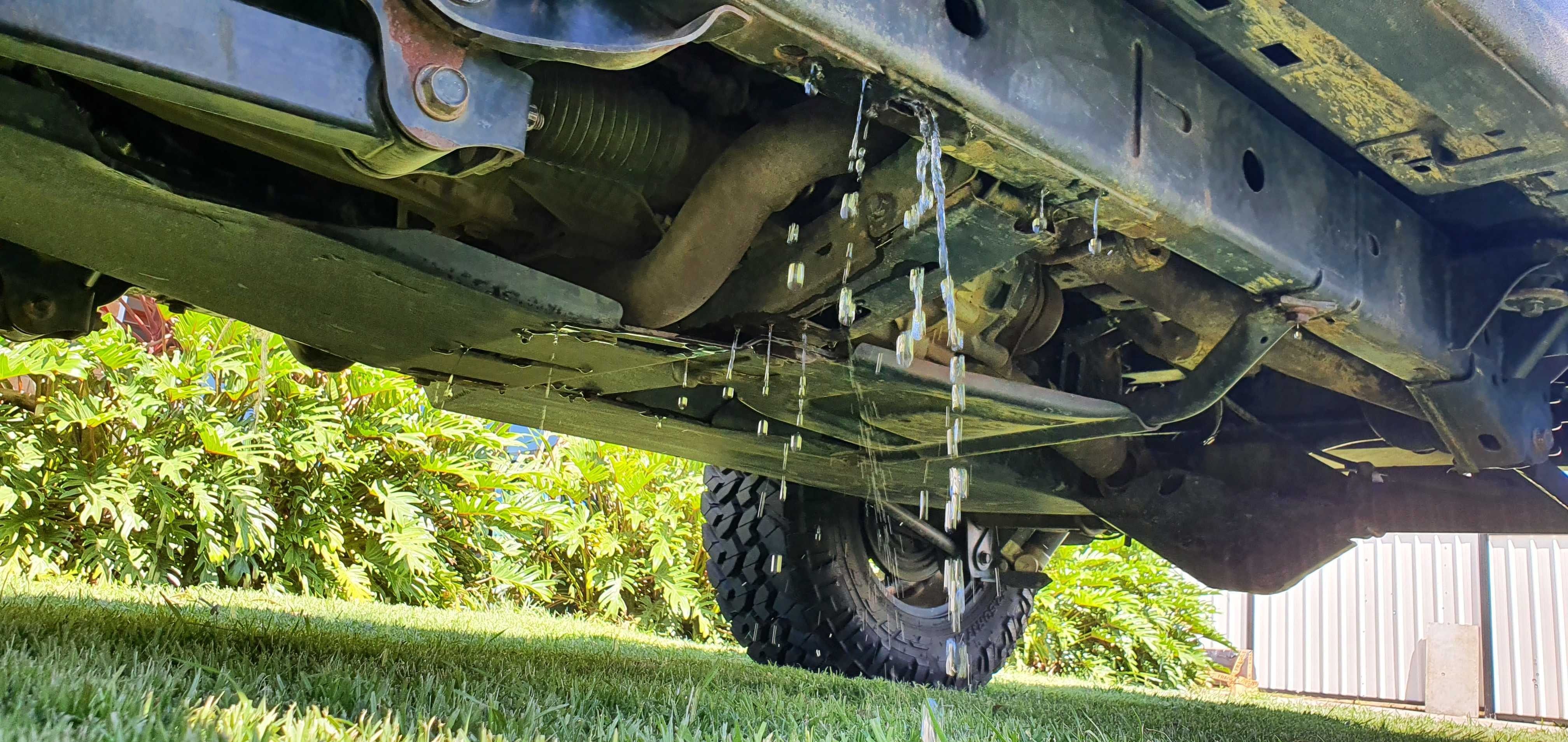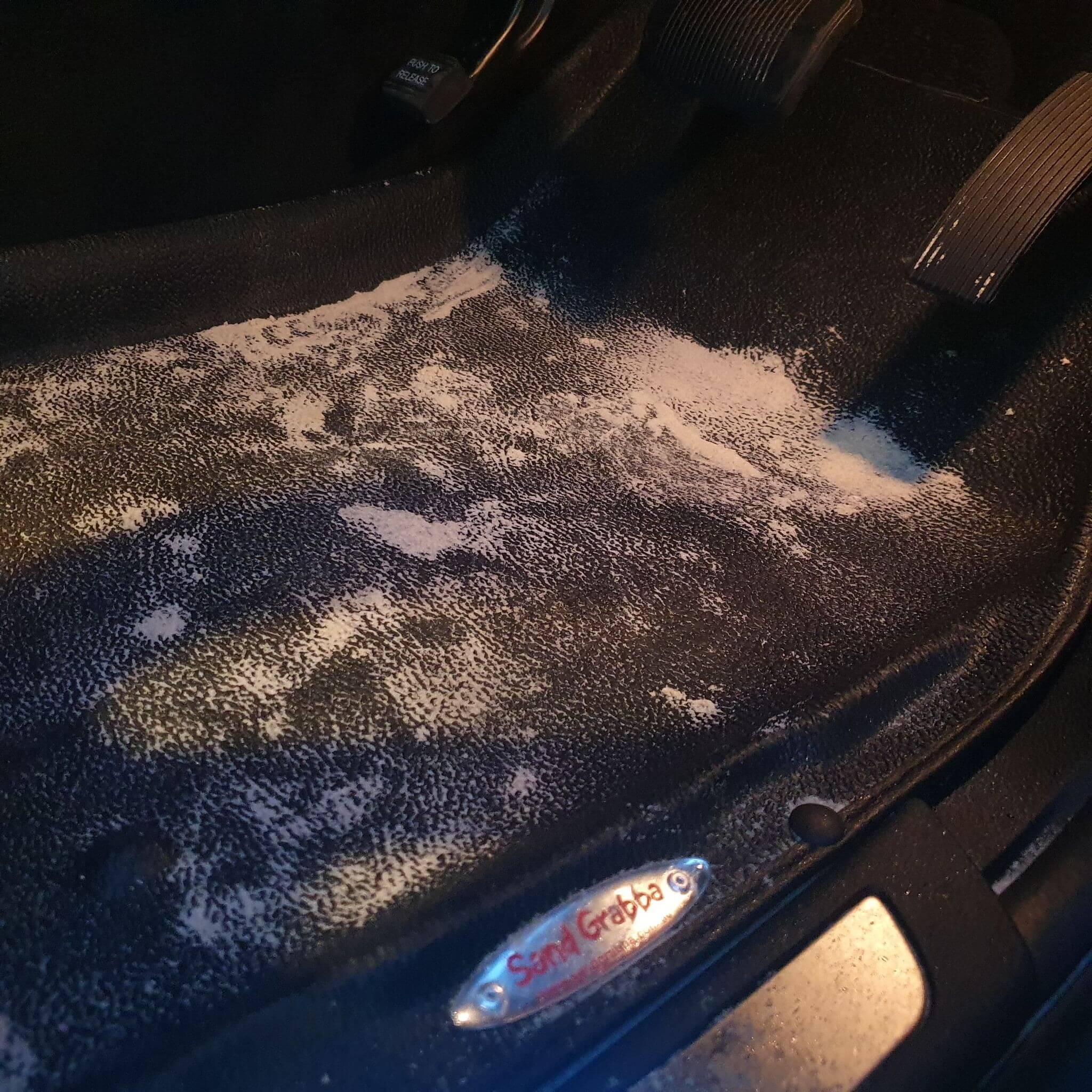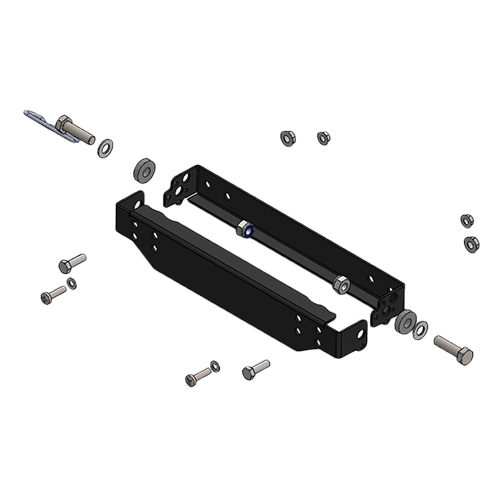What 4wd Equipment Works?
Before you set off into the outback on your next 4wd touring adventure, it is often a case of deciding what gear to pack. This decision is based on a number of factors including the nature of the equipment and its suitability for the trip as well as the remaining space available in the vehicle. We go through our packing list and show you what works and what doesn't.
It is somethong of an art to pack your 4WD for a big trip.
Try to minimise your load before you start packing. This will keep you from falling into the trap of including more things 'in case' you need them just because there's room left over.
The lighter the load, the less the strain on the vehicle. That means better fuel economy, less chance of breakdowns, less chance of flat tyres and tyre wear. Less load also means less time spent packing and unpacking every day.
And if you intend travelling up beaches, across deserts or through forests, every kilogram you save reduces your chances of getting bogged. Remember, most vehicle recovery operations in the bush start by unpacking the vehicle to lighten the load!
Your Vehicle
There are many accessories and attachments you can add to your vehicle. Here's some of the most important things to equip your vehicle with before setting off on your outback trip.
Bullbar
In our opinion, a bullbar is a must for outback travel. If you are travelling in early morning or late afternoon and an animal jumps out in front of your moving vehicle, a bullbar could mean the difference between ending your trip early or continuing on with your journey.
Bullbars protect your vehicle from front impacts whilst also providing your vehicle with the benefit of more front ground clearance. This means you can travel over steeper inclines and obstacles.
Winch
Hand in hand with a bullbar is the requirement for a winch. If you are travelling in a single car without a convoy of friends, a winch is an absolute must.
Winches are available in a number of different forms. Electric winches are by far the most popular and are mounted to the front of the vehicle behind a bullbar for protection. The ability to self-recover your vehicle is a safeguard that could get you out of a situation you otherwise might have to turn back, or worse, damage your vehicle.
Roof Rack
Roof racks and roof baskets are now common place amongst 4wd owners. Having somewhere to store your light and bulky items like a second spare tyre or the porta-loo is a great idea.
Awning
A 4wd side awning is a great investment for the roof of your vehicle. Attached to your roof rack it can be the saviour of your camp trip if you find yourself in wet weather. They also have other uses in the sun at the beach when you need a cool place to have lunch.
Vehicle Spares
It is important to carry spares and tools on your trip with you. Below is a list of spares you should bring along:
| Vehicle spares | Handy spares |
|---|---|
| fan/alternator belts | tie wire |
| radiator hoses | variety of spare hose clamps |
| spark plugs (petrols) | electrical (zip) ties |
| fuel filter | gaffer tape |
| engine oil | insulation tape |
| gear oil | spool of insulated electrical wire |
| brake/clutch fluid | strip of wiring connectors |
| power steering oil | some 12 gauge welding rods |
| two spare wheels / tyres (for outback/remote travel) | tyre valves |
Tools & Recovery Equipment
It is a good idea to bring an assortment of tools and basic recovery equipment along on your trip. You never know when you may get into trouble. Being able to fix your vehicle on the road is a part of 4wd lifestyle and it is important to know what you're doing when attempting to fix your own vehicle. Below is a list of tools and recovery equipment you should bring:
| Vehicle tools | Basic recovery equipment |
|---|---|
| spanner and socket set to suit your vehicle | vehicle's jack and wheel spanner |
| shifting spanners | 2 x snatch straps |
| vice grip pliers | 4 x shackles |
| screwdrivers and allen keys | hand winch |
| 12 volt check light | leather gloves |
| trouble light (or torch) | shovel |
| hammer and chisel | 12 volt compressor or tyre pump |
| tyre gauge | axe or chainsaw |
| tyre repair kit | tough tracks |
Other Essentials
Analyse your gear and take just one of everything. Essentials should include plenty of lighters and fire starters - a good fire can make any camp comfortable - a couple of decent sized tarps or plastic sheets and some spare lengths of rope. Something to sit on and shade or protection from the rain is invaluable when you're travelling.
Carry your sleeping bags and the few clothes you're taking, (remembering that laundromats are more popular than banks in the country these days) in soft bags. They can double as pillows and soft packing during the day and squeezed into awkward spaces.
Always carry some reserves of food and it's certainly worth packing essential condiments and basics like tea, coffee and sugar in plastic containers before you leave. However, while it might cost a little more to shop for your groceries locally in small country towns, it's definitely recommended. This is your chance to soak up the local atmosphere, ask questions about your intended route and take advantage of locally grown vegetables and fruit. Liquids should be packed inside containers that won't leak in the event of a breakage and care should be taken with anything in glass, wrapping jars in tea towels or wedging them between the toilet rolls.
The last thing you should pack is a comprehensive first aid kit, a fire-extinguisher, suntan lotion, a hat and some insect repellent. Know where those things are so you can find them quickly and easily.
| Camping equipment | Personal things |
|---|---|
| tent or swag | clothes (including rain gear and a good coat) |
| groundsheet | soap |
| plastic tarps | towels |
| sleeping bags | toothpaste and brush |
| gas stove and/or BBQ plate | hair brush |
| cooking equipment (including a billy) | any medications you might need |
| firelighting gear | sun screen |
| tin/plastic mugs and plates | hat and sun glasses |
| camp stools or seats | camera and film |
| esky or car fridge | identification, driver's licence, cash and bank cards |
| bucket and large plastic bowl | |
| plastic clip lid containers | |
| cutting board and BBQ tools | |
| detergent and laundry powder |
| Other essentials | |
|---|---|
| water in several containers | emergency food rations |
| spare fuel | spare vehicle keys |
| insect repellent | comprehensive first aid kit |
| a sense of fun and adventure | |

